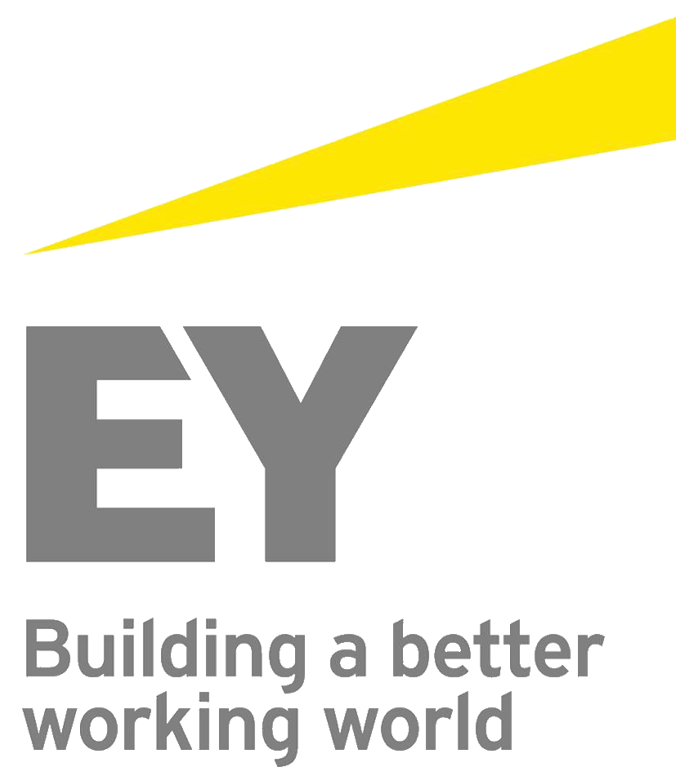| Rank: | |
| Founding Year: | |
| Sector: | |
| Revenue: | $ billion |
| Employees: | |
| Head Quarter: | () |
| Continent: | |
| Public/Private: | |
| Family name: | |
| Shareholding: | % |
| Board: | |
| CEO: |

How the world’s largest family businesses are responding to the Transformative Age
The 2019 EY and University of St Gallen Global Family Business Index provides significant insights into the world’s largest family-owned businesses, ranked by revenues. This year we see little change in the geographical distribution of the FB500, although there is a substantive rise in Germany-based firms and a slight reduction in American firms. There is a significant increase in the number of technology firms making the Index.
New entrants this year tend to be younger, smaller and more likely to be publicly listed. For the first time since we published the Index, we include data on board composition and characteristics. Both new and existing firms have boards comprising a majority of non-family members. Most board members are male and diversity at the board level is lower than the Fortune 500. However, the total revenue represented by these 500 family firms has grown by 9.9% over the last Index, compared to 8.6% in the Fortune 500, underlining the success of family-owned firms in their ability to compete effectively.
This is the third edition of the Index which is compiled by EY and the Center of Family Business of the University of St. Gallen, Switzerland. Use the tools below to search the data based on country and other key fields of information for the 500 companies.
Read further analysis and commentary of the FB500.
Give FeedbackWorldmap
Bubbles
Companies by Founding Year and Sector
The Global Family Business Index methodology
The Global Family Business Index is a global ranking of family-owned businesses by revenues. Companies that have not published accounts in the last 24 months are excluded from the Index. The business must be run by the second generation or more. One or more family members must be involved in the running of the business, i.e., be a part of either the board of directors or executive leadership. To meet our criterion of a family business, the family should have substantial ownership of the business. Private companies where the family controls over 50% of the shares and voting rights or public companies where the family holds at least 32% of the shares and voting rights are included. Sources used to publish the Index include proprietary data; filed and published company data; and databases, including Bloomberg, CapitalIQ, ORBIS, BoardEx and EY knowledge.
Table
The NEW flag next to a company indicates it is a new entry for the top 500 list and did not appear in the 2017 Global Family Business Index.
| Rank | Company | EST | Public | Revenue | Empl. | Country | Sector | Family | Share | Board directors (Family members: Male / Female) | CEO |
|---|
Authors

Helena Robertsson
Global Family Enterprise Leader, EY Helena.Robertsson@ey.comHelena Robertsson is a Senior Partner with more than 20 years of experience in serving as trusted Tax advisor for companies and individuals around the world. She is the Global Leader of EY’s Family Enterprise practice. Helena previously led the Family Enterprise and Private Client practices in Europe, Middle East, India and Africa (EMEIA) and the Nordics. Helena uses her broad expertise to help her clients resolve complex issues related to national and international taxation. She facilitates success and growth of family enterprises by helping them design long-term strategies and implement the right tools, skills and training to succeed from generation to generation. Helena holds an MSc in Business Administration and Tax Law from Stockholm University. She is a certified tax adviser and the Chair of the Stockholm University Center for Commercial Law. Helena serves as a board member of the Swedish-American Chamber of Commerce in New York. Her previous assignments include that of CFO and in-house tax adviser at Spray/E-lab, tax officer/auditor at the Stockholm Tax Authority, and controller at Oiltech Olear. Helena is a frequent speaker at tax conferences and tax education seminars in Sweden, and regularly comments on tax matters in the media.

Thomas Zellweger
Chair in Family Business, University of St. Gallen Thomas.Zellweger@unisg.chThomas Zellweger holds the Chair in Family Business at the University of St. Gallen, Switzerland, where he is also the director of the Swiss Institute for Small Business and Entrepreneurship and of the Center for Family Business. After two years in investment banking at Derivative in Brussels, he completed his PhD at the University of St. Gallen. He was a research fellow at Babson College and a visiting professor at the University of British Columbia and is a permanent visiting professor at the University of Witten/Herdecke. Thomas serves on several editorial boards of academic journals and his research has been published in Academy of Management Journal, Strategic Management Journal, and Organization Science, among others. His research has also received several international awards and has been discussed in the international media, such in the Economist, Forbes, and the New York Times. Thomas is a member of supervisory boards of family firms and advises family firm owners on governance and strategic questions.
Compiled by the Center for Family Business at the University of St.Gallen, Switzerland in cooperation with EY.
Data visualization by smartive.
Corresponding research addresses: Josh Hsueh.
Version 3.0, February 2019.